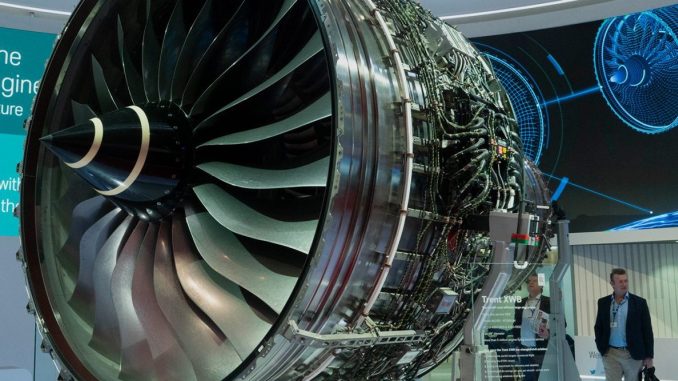Plastics tax eyed in litter crackdown

Chancellor Philip Hammond has called for views on how taxes on some plastics could benefit the environment.
Takeaway boxes, disposable cups, plastic wrap and cigarette filters are some of the plastics that the government is consulting on.
"Single-use plastics that have been used for only a few seconds can last centuries in the natural environment," Chancellor Philip Hammond said.
Taxes would be "a way of changing behaviour", the chancellor said.
How could a plastics tax work?
Analysis: Roger Harrabin, BBC environment analyst
Plastic is made from oil and gas, which are cheap at the moment. That removes the incentive for firms to recycle plastics because it's cheaper to make new plastic with raw material.
Putting charges on single-use plastics that pollute the oceans could change that equation. The charges could come in three forms:
- Taxes could be imposed on all single-use plastics. That's what the EU is considering. That would put up the cost of new plastic, and make it attractive either to recycle used items or switch to alternatives products like wood or bamboo. The money could go to the government – just like taxes on cigarettes or petrol.
- Second, the government could mandate a charge on single use plastics, like the 5p plastic bag charge. Money from this doesn't go to the Treasury – it's used by retailers for good causes.
- The Chancellor could mandate a deposit/return system in which you pay a deposit on a plastic bottle, then get the money back. This results in a very high recycling rate.
[contf] [contfnew] 
BBC
[contfnewc] [contfnewc]







